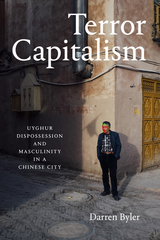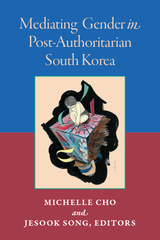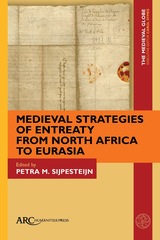

The early-twentieth-century essayist Zhu Ziqing once wrote that he had only to mention the name of his hometown of Yangzhou to someone in Beijing and the person would respond, “A fine place! A fine place!” Yangzhou was indeed one of the great cities of late imperial China, and its name carries rich historical and cultural resonances. Even today Yangzhou continues to evoke images of artists, men of letters, great merchant families, scenic waterways, an urban environment of considerable grace and charm, and a history imbued with color and romance.
This book is in some ways a biography of a city that acquired a personality, even a gender, and became an actor in its own history. Yangzhou invites attention because its place in China’s cultural iconography tells us not only of one city’s vicissitudes and fortunes but also of changes in the geography of the Chinese imagination. The author examines the city’s place in the history of the late imperial era and of the meanings that accrued to Yangzhou over time. She argues that the actual construction of the city—its academies of learning, its philanthropic institutions, its gardens, its teahouses, and its brothels—underpinned the construction of a certain idea of Yangzhou.

READERS
Browse our collection.
PUBLISHERS
See BiblioVault's publisher services.
STUDENT SERVICES
Files for college accessibility offices.
UChicago Accessibility Resources
home | accessibility | search | about | contact us
BiblioVault ® 2001 - 2024
The University of Chicago Press









